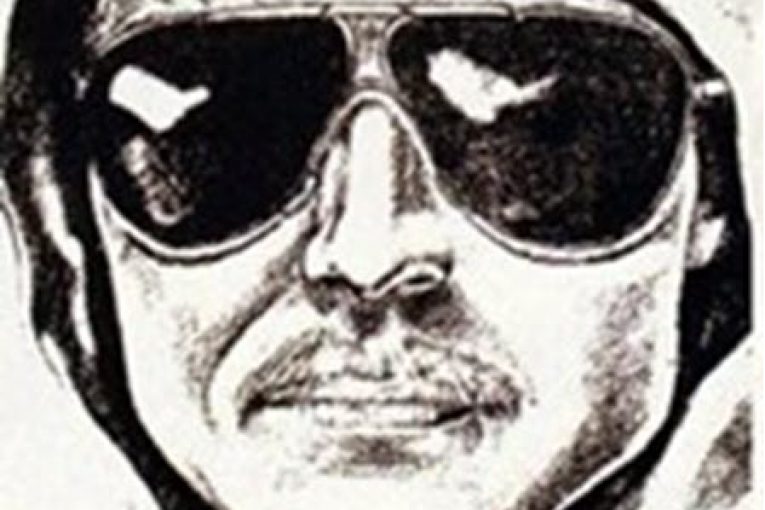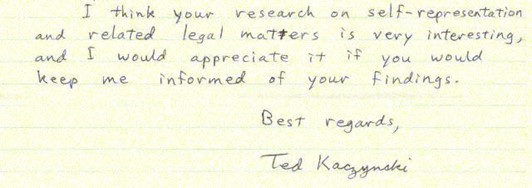

By Susan Bassi and Fred Johnson
Following the recent news of Ted Kaczynski’s death at the age of 81 in his prison cell, a new chapter is set to unfold in American history. The man known as the Unabomber, infamous for his series of mail bombs that terrorized the nation over a 17-year period, maintained correspondence with investigative journalist Stephen James during his time behind bars. Now, after nearly two decades of secrecy, the only mainstream journalist the Unabomber trusted is poised to unveil  the letters to the public.
the letters to the public.
While numerous mainstream media outlets were unsuccessful in their attempts to secure interviews with Kaczynski during his incarceration, Stephen James, an editor-at-large for the Davis Vanguard, managed to establish a unique connection with the man who became widely known as the Unabomber. Their correspondence reveals a pen pal-like relationship, as the duo discussed topics including the criminal court system, love on the outside and Kaczynski’s life in prison.

Kaczynski’s first letter expressed his skepticism towards journalists but acknowledged the sensibility and usefulness of James’ initial inquiry. Over the course of the next four years, their exchange of letters painted a vivid picture of Kaczynski’s thoughts and experiences.
With the passing of Ted Kaczynski, Stephen James now holds the key to unlocking the sealed letters. In an exclusive series, Unabomber Pen Pal, to be published in the Vanguard, James will shed light on this unique relationship while working to expand the publication’s coverage of California’s family and criminal courts, as well as issues in the state’s jails and prisons.
Ted Kaczynski, born in 1942 in Chicago, became one of the most intriguing and controversial figures in American criminal history. His reign of terror began in 1978, marked by a series of meticulously crafted mail bombs sent to unsuspecting victims across the United States. The nation was gripped by fear and paranoia as Kaczynski’s actions resulted in three deaths and numerous injuries, leaving an indelible mark on the collective psyche.
The Unabomber’s reign of terror came to an end in 1996 when his manifesto, titled “Industrial Society and Its Future,” was published in major newspapers. Recognizing the writing style, Kaczynski’s brother alerted authorities, leading to his arrest in Montana. The subsequent trial, during which Kaczynski attempted to represent himself, exposed his anti-technology and anti-industrialization beliefs while reminding the world of the pain he had inflicted.

Convicted on multiple charges, including three counts of murder, Kaczynski received a life sentence without parole. He spent his remaining years confined at the high-security United States Penitentiary, Administrative Maximum Facility in Colorado. Throughout his life, Kaczynski’s actions sparked debates surrounding mental health, environmentalism, and the impact of technology on society.
The release of the Unabomber’s correspondence with Stephen James provides an opportunity to delve deeper into the underlying issues that drive individuals toward extremism. By examining these letters, society may gain valuable insights into the root causes of violence and develop strategies to prevent future acts of the terror.
Ted Kaczynski’s death marks the end of a chapter defined by fear and fascination. As we move forward, it is crucial to learn from the past and engage in open dialogue, addressing complex issues. The Unabomber’s legacy stands as a haunting reminder of the power of ideas and their potential impact on individuals and society as a whole.
